The German and Algerian governments are in talks to deliver green hydrogen directly to Europe via pipeline, as Bloomberg first reported Monday.
Germany’s Federal Ministry for Economic Affairs and Climate Action has begun negotiations with Algeria’s Ministry of Energy to convert and expand existing infrastructure to transport liquid hydrogen through pipelines traversing Tunisia, crossing the Mediterranean and entering Germany through Italy and Austria.
The proposed pipeline conversion and expansion project aims to supply 10% of Europe’s hydrogen demand in the future. The German ministry gave no timetable for the project’s completion, nor did it disclose whether any particular firms were already involved in discussions.
The negotiations stem from a letter of support signed by the German, Austrian and Italian governments in May for a North Africa-Europe hydrogen connection. Algeria had previously inked a similar agreement to establish a physical hydrogen connection using existing pipelines with Spain and Portugal, but those plans were canceled in July.
A New European Energy Reality
Europe’s transition to renewable energy systems accelerated after the Russian invasion of Ukraine in February 2022, as the continent scrambled to diversify its energy supply and reduce dependency on Russian gas imports.
Hydrogen fuel is a focal point of the European Union’s strategy to simultaneously decarbonize and reduce dependence on Russia in the energy industry. The German government announced plans to expedite the conversion of its electrical grid to hydrogen compatibility in mid-October in concordance with the EU’s strategy.
Green hydrogen is a liquid fuel produced through electrolysis using electricity generated from renewable energy sources (typically solar, wind and geothermal energy). “Blue” and “gray” hydrogen are distinct from green hydrogen, being produced using electricity derived from non-renewable energy sources. Hydrogen fuel is considered vital for the decarbonization of energy-intensive sectors like fertilizers and steel, and can also serve as a means of energy storage.
The Algerian-German talks are explicitly limited to the generation and transmission of green hydrogen fuel derived from wind and solar energy.
North Africa’s Green Energy Potential
If executed, the proposed green hydrogen pipeline has the potential to turn Algeria into an energy powerhouse. Algeria is already an OPEC member that produces over 1 million barrels of oil per day. An expanded hydrogen connection from Algeria capable of supplying 10% of total European hydrogen demand would drastically increase GDP, along with raising Algiers’ geopolitical influence through its importance to the European power market.
Algeria’s proximity to the European mainland, pre-existing pipeline infrastructure and an abundance of windswept desert terrain suitable for large-scale green energy facilities make it an ideal location for European imports of green hydrogen. Its efforts to expand renewable energy capacity have stalled in recent years, however, presenting a near- to medium-term constraint on Algeria’s green hydrogen production capacity.
View source version: https://www.ibtimes.com/proposed-algeria-germany-green-hydrogen-pipeline-could-game-changer-european-energy-3716321
